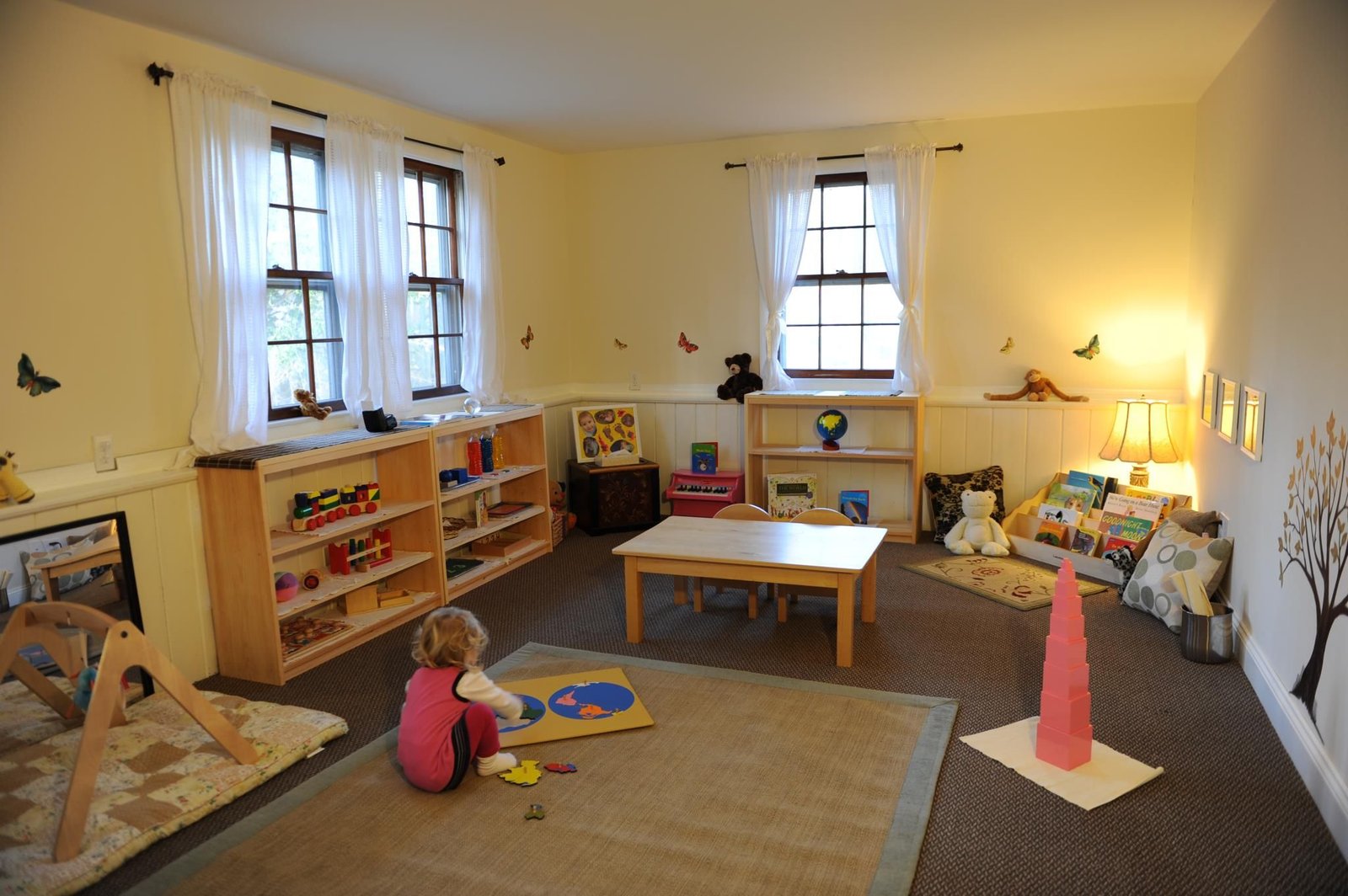In today’s world, creating an effective home learning environment has become increasingly important. One way to achieve this is by incorporating Montessori furniture into your space. Montessori furniture is designed to support a child’s independence, foster creativity, and promote engagement in learning activities. This article explores how Montessori furniture enhances the home learning experience through various dimensions.
Understanding Montessori Philosophy
The Core Principles of Montessori Education
Montessori education is based on several key principles that emphasize child-centered learning. It encourages children to learn at their own pace, pursue their interests, and engage in hands-on activities. By understanding these principles, parents can better appreciate how Montessori furniture aligns with these educational philosophies.
The Role of the Environment in Learning
The learning environment plays a crucial role in Montessori education. It should be inviting, organized, and tailored to the needs of children. Montessori furniture reflects this by being child-sized, functional, and aesthetically pleasing. This design encourages children to interact with their surroundings in meaningful ways.
Promoting Independence with Montessori Furniture
Child-Sized Designs
One of the standout features of Montessori furniture is its child-sized design. Tables, chairs, and shelves are scaled down to suit young learners. This accessibility empowers children to choose their own activities, fostering a sense of independence. When children can easily reach their materials, they are more likely to engage in self-directed learning.
Easy Access to Learning Materials
Montessori furniture often includes open shelving and storage solutions that allow children to see and access materials without assistance. This design encourages exploration and helps children develop decision-making skills. When children can independently select their resources, they are more invested in their learning process.
Encouraging Engagement and Focus
Creating a Distraction-Free Zone
Montessori furniture is designed to create a calm and organized environment that minimizes distractions. By incorporating natural materials and soothing colors, it promotes focus and concentration. A well-arranged space with Montessori furniture can significantly enhance a child’s ability to concentrate on their tasks.
Flexible Learning Spaces
The adaptability of Montessori furniture allows for various learning configurations. Whether it’s setting up a cozy reading nook or a collaborative workspace, the flexibility encourages children to engage with their environment in multiple ways. This versatility helps keep learning dynamic and exciting.
Fostering Creativity and Imagination
Open-Ended Design
Montessori furniture often features open-ended designs that encourage creativity. For instance, a simple table can serve various purposes—art station, science lab, or even a construction zone. This flexibility allows children to use their imagination, experimenting with different activities and ideas.
Incorporating Natural Elements
Many Montessori furniture pieces are made from natural materials like wood. These materials not only enhance aesthetics but also connect children to nature. This connection can inspire creative thinking and appreciation for the environment, enriching their learning experiences.
Supporting Social Interaction
Facilitating Collaborative Learning
Montessori furniture encourages collaboration and social interaction. Group tables and seating arrangements allow children to work together on projects, fostering teamwork and communication skills. Collaborative learning is an essential aspect of a well-rounded education, and Montessori furniture supports this by creating inviting shared spaces.
Encouraging Family Involvement
With the right Montessori furniture, parents can also engage in the learning process alongside their children. Furniture that accommodates both adults and children makes it easier for families to participate in activities together, strengthening bonds and enhancing the learning experience.
Adapting to Different Learning Styles
Individualized Learning Spaces
Every child has a unique learning style, and Montessori furniture accommodates this diversity. By providing various types of furniture—such as desks for focused work, soft seating for reading, or activity tables for crafts—parents can tailor the learning environment to suit their child’s preferences.
Promoting Kinesthetic Learning
Many Montessori furniture designs cater to kinesthetic learners who thrive on movement and hands-on activities. For instance, tables that allow for standing work or benches that can be rearranged encourage physical engagement, which is essential for some children to absorb information effectively.
Long-Term Investment in Learning
Durability and Longevity
Montessori furniture is typically crafted from high-quality materials designed to withstand daily use. This durability means that investing in Montessori furniture is not just a short-term decision; it supports long-term learning opportunities as children grow. Parents can feel confident that their investment will last for years, adapting to their child’s evolving needs.
Timeless Aesthetic
Beyond functionality, Montessori furniture often features timeless designs that blend seamlessly with home decor. This aesthetic appeal allows parents to maintain a beautiful living space while supporting their child’s educational journey. It’s a win-win for both aesthetics and practicality.
Enhancing Everyday Learning Experiences
Integrating Learning into Daily Routines
Montessori furniture encourages parents to integrate learning into everyday activities. Simple pieces, like kitchen stools that enable children to help with meal preparation, promote practical life skills. By making learning a part of daily routines, children can apply their skills in real-world contexts.
Creating a Lifelong Love for Learning
When children have access to an engaging and supportive learning environment, they develop a positive attitude toward education. Montessori furniture fosters curiosity and a love for learning, laying the groundwork for lifelong educational pursuits. This foundational love for learning is invaluable in today’s fast-paced world.
Conclusion
Incorporating Montessori furniture into your home not only enhances the learning experience but also supports a child’s overall development. By promoting independence, engagement, creativity, and social interaction, Montessori furniture aligns perfectly with the principles of Montessori education. As parents, investing in quality Montessori furniture can create a nurturing environment that encourages children to thrive academically and personally.By recognizing the benefits of Montessori furniture, you can transform your home into a space where learning flourishes, and children can explore their potential in a supportive, engaging environment. Embracing this philosophy will undoubtedly enhance the home learning experience for years to come.

